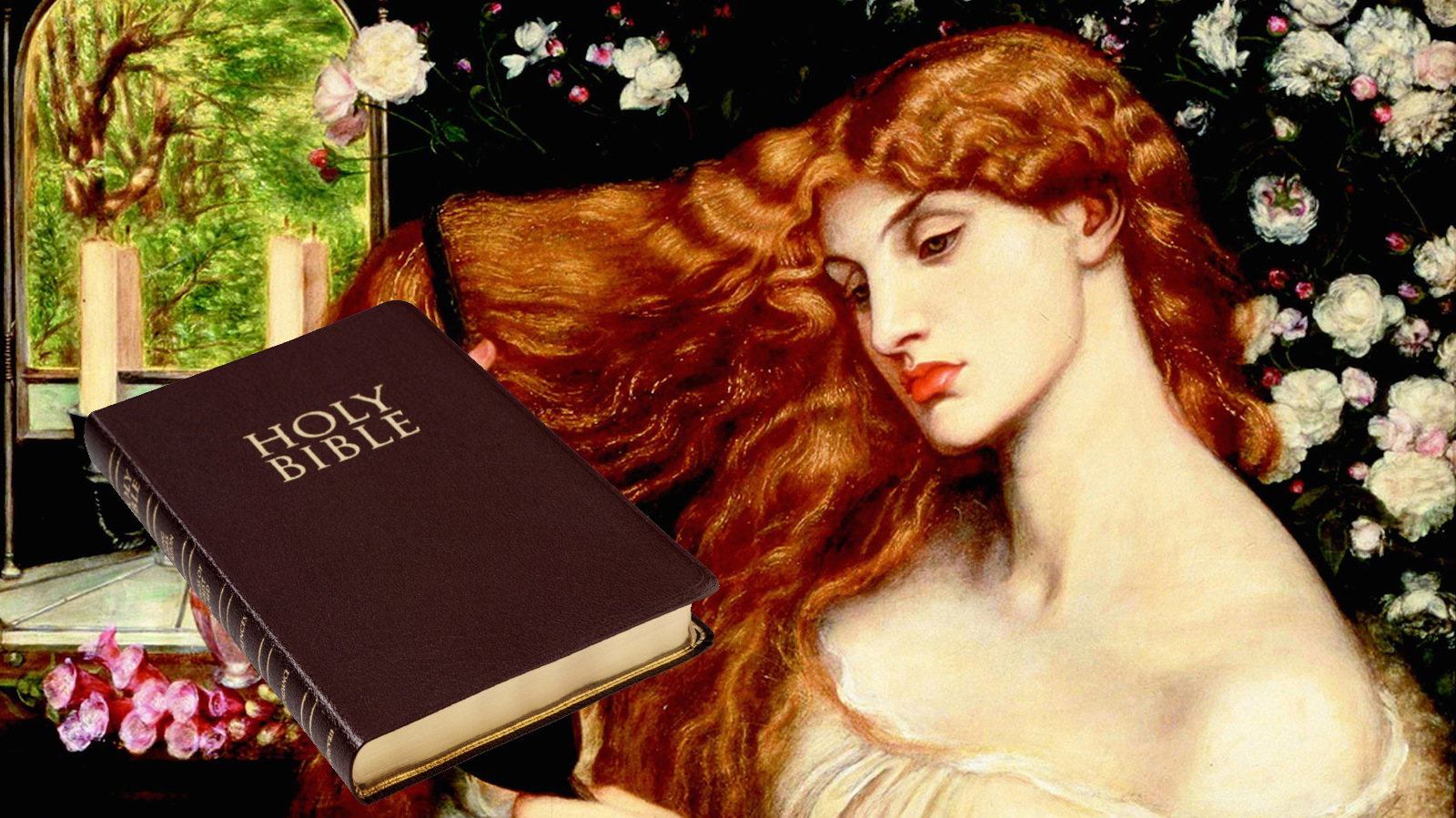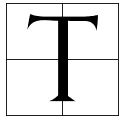 he story of Adam and Eve is well-known, but what if there was another woman in the narrative who was erased from the biblical accounts? Lilith, often referred to as Adam’s first wife, is a figure shrouded in mystery and controversy. While her story is not found in the canonical texts of Christianity, it has persisted in various mythologies and non-canonical texts. In this article, we will delve into the enigmatic tale of Lilith, exploring her origins, her alleged removal from biblical narratives, and the enduring legacy of her character.
he story of Adam and Eve is well-known, but what if there was another woman in the narrative who was erased from the biblical accounts? Lilith, often referred to as Adam’s first wife, is a figure shrouded in mystery and controversy. While her story is not found in the canonical texts of Christianity, it has persisted in various mythologies and non-canonical texts. In this article, we will delve into the enigmatic tale of Lilith, exploring her origins, her alleged removal from biblical narratives, and the enduring legacy of her character.
The Origins of Lilith
The roots of the Lilith figure can be traced back to ancient Mesopotamian mythology. In these texts, she is depicted as a powerful female demon who embodies chaos and rebellion against male dominance. Lilith is associated with night, fertility, and sexuality, and she is often portrayed as a seductress.
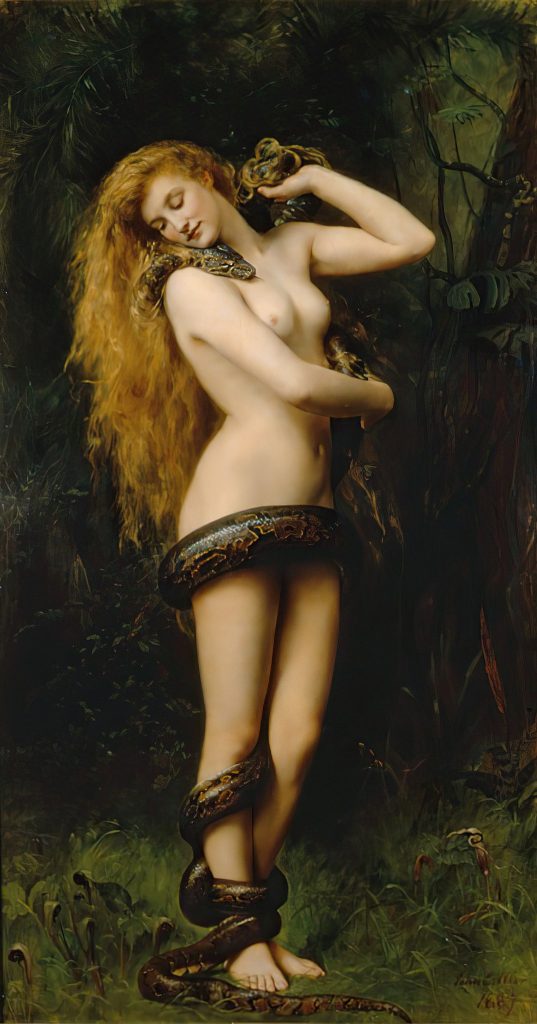
Lilith also appears in Jewish folklore, where she is believed to have been Adam’s first wife before Eve. According to some accounts, Lilith refused to be subservient to Adam and fled the Garden of Eden. As a result, she was demonized and condemned as a dangerous temptress.
Although Lilith’s story is not present in the canonical texts of Christianity, some non-canonical texts and medieval Christian literature mention her existence. These writings often depict Lilith as a symbol of sin, temptation, and rebellion against divine authority.
The Absence of Lilith in Christian Scriptures
One of the reasons for Lilith’s absence from Christian scriptures is the process of canonization, where specific texts were selected to form the official biblical canon. Lilith’s story did not align with the theological and doctrinal objectives of early Christian leaders, leading to its exclusion.
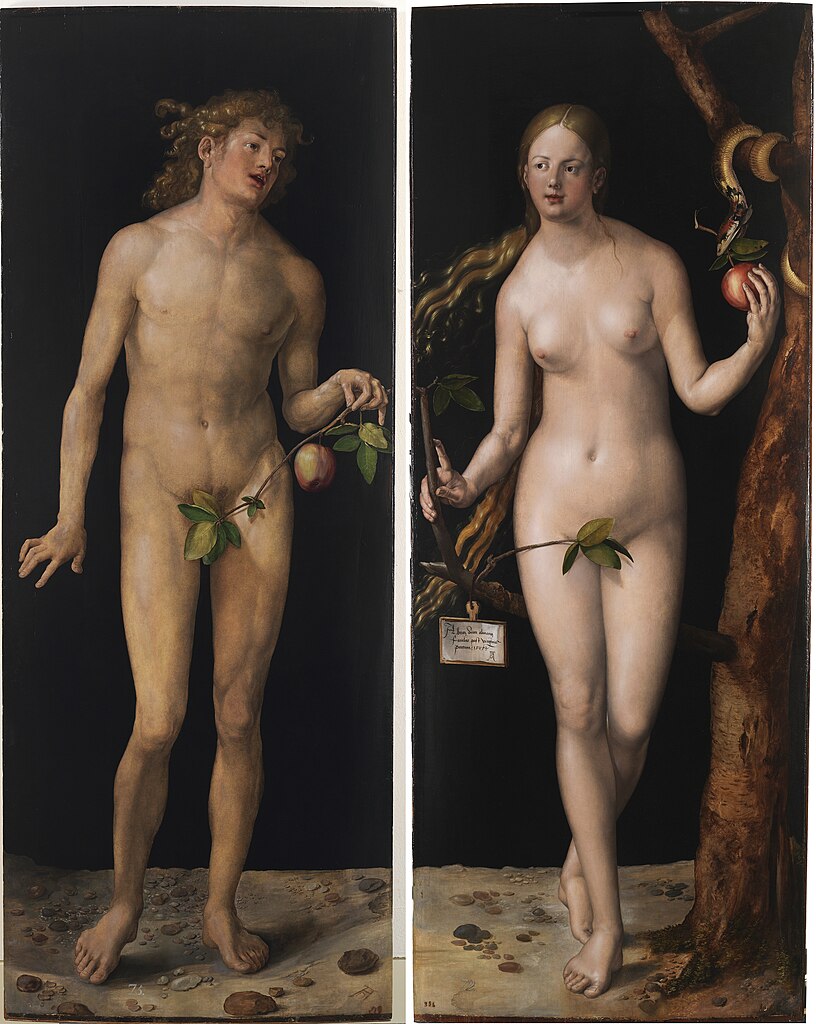
The marginalization of Lilith’s story can also be attributed to patriarchal interpretations of biblical texts. The emphasis on male authority and the subordination of women within Christian traditions led to the suppression of alternative narratives that challenged traditional gender roles.
Selective interpretation of biblical passages further contributed to Lilith’s exclusion. Certain verses that could have been interpreted as referencing Lilith were reinterpreted or omitted altogether to support the dominant narrative of Eve as Adam’s only wife.
Lilith’s Enduring Legacy
Lilith has experienced a resurgence of interest in feminist and symbolic interpretations of biblical texts. Some feminists view Lilith as a symbol of female empowerment, challenging traditional gender norms and advocating for women’s autonomy.
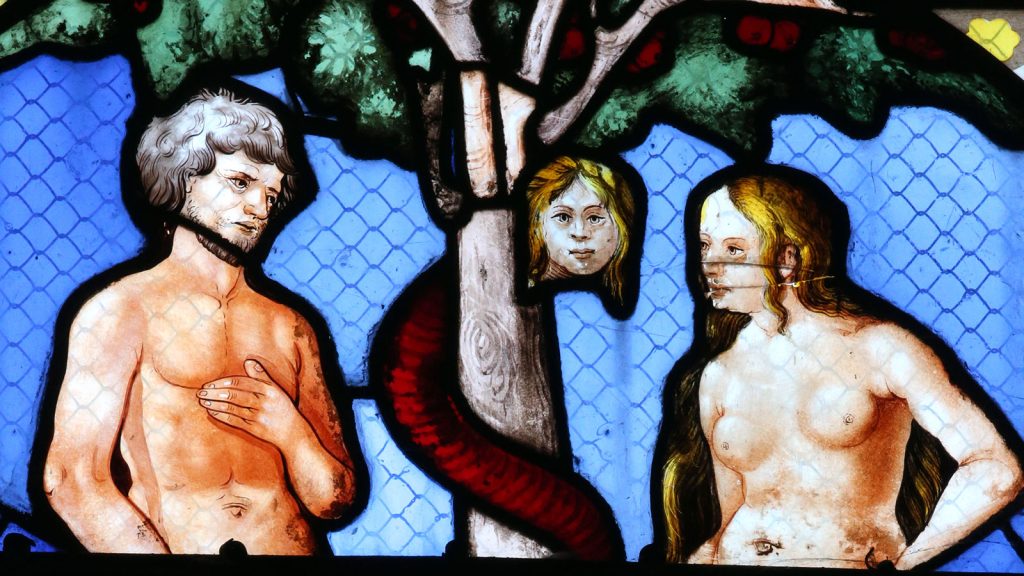
Lilith’s captivating story has inspired numerous artistic interpretations, including paintings, literature, and music. Her image is often depicted as a seductive and alluring figure, representing both danger and liberation.
In contemporary discourse, Lilith has become a symbol of embracing one’s individuality and resisting oppressive systems. Her story serves as a reminder of the importance of questioning authority, asserting agency, and celebrating diverse expressions of identity.
The Significance of Lilith’s Narrative
Lilith’s story invites us to consider alternative perspectives on gender, power dynamics, and the limitations of canonical texts. It challenges us to examine the ways in which certain narratives are selected and others are suppressed, ultimately broadening our understanding of religious traditions.
The story of Lilith encourages us to embrace diverse interpretations and narratives within religious traditions. It reminds us that there is room for multiple voices and perspectives in the exploration of spirituality and the human experience.
Lilith’s exclusion from Christian scriptures prompts us to reflect on the need for inclusivity and gender equality within religious institutions. It urges us to question traditional interpretations that perpetuate systems of oppression and advocate for a more inclusive and empowering spiritual discourse.
The story of Lilith, Adam’s alleged first wife removed from Christian scriptures, offers a fascinating glimpse into the complexities of religious narratives and their interpretations. While her story may have been omitted from the canonical Bible, Lilith’s enduring legacy continues to captivate scholars, artists, and those seeking alternative perspectives. Exploring the origins of Lilith, her absence in Christian scriptures, and her lasting impact allows us to engage with the rich tapestry of religious and mythological traditions, prompting us to question, reflect, and embrace the diversity of human experiences.
Avid Writer with invaluable knowledge of Humanity!
Upcoming historian with over 30 million views online.
“You make your own life.”

